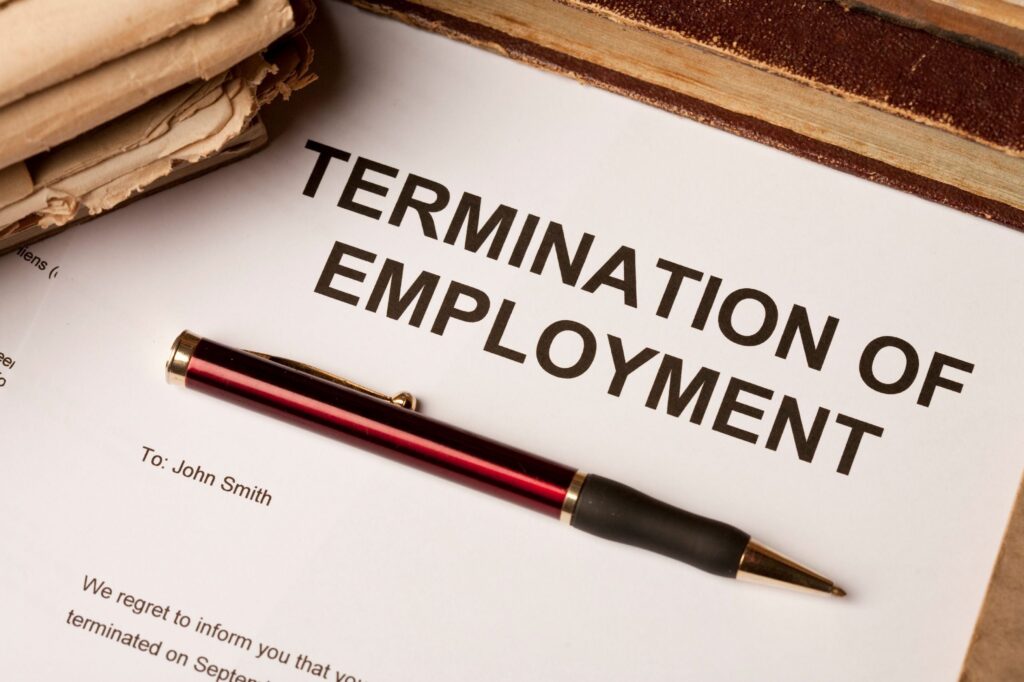In Ireland, the Carer’s Leave Act 2001 permits employees to leave their employment for a temporary and defined period of time to enable that employee to provide full-time care and attention for a dependent. The period of time spent away from their employment for this purpose is known as carer’s leave.
The minimum carer’s leave entitlement is 13 continuous weeks. If an employee wishes to take less than 13 weeks, they can make a request to the employer, but the employer is under no obligation to grant such a request. The maximum carer’s leave entitlement is 104 weeks.
Carer’s leave can be taken in one continuous block of 104 weeks, or in a number of smaller blocks totaling no more than 104 weeks. Where a number of smaller blocks are sought, there must be at least 6 weeks between the blocks of carer’s leave.
To be eligible for carer’s leave, an employee must have been continuously employed by the employer for a period of 12 months. In addition, the individual the employee proposes to care for must be deemed to be in need of full-time care and attention by a Deciding Officer at the Department of Social Protection.
The individual must be so disabled so as to require:
(1) Continuous supervision and frequent assistance throughout the day in connection with their normal personal needs, such as to eat, drink and wash; or
(2) Continuous supervision in order to avoid being a danger to themselves. The individual can be a family member, but also a close friend or colleague.
Carer’s leave can only be taken in respect of 1 dependent individual at any one time. The only exception to this is where there are 2 dependents who are living together and both satisfy the above test. In this specific situation, the entitlement to carers leave is 208 weeks rather than 104 weeks (104 weeks per dependent individual).
If an employee’s period of carer’s leave in respect of 1 dependent individual has terminated, they cannot commence another period of carer’s leave for a different individual until 6 months have passed since the initial termination.
To avail of carer’s leave, the employee must make a formal application to the employer not less than 6 weeks before the proposed start date of the leave. Where it is not reasonably practicable to give 6 weeks’ notice, notice should be given as soon as it is reasonably possible.
The application should be in writing and should contain:
(1) That the employee wishes to take carer’s leave, as per the Act;
(2) The proposed start date;
(3) The way they intend to take the leave; and
(4) A confirmation that an application has been lodged with the Department of Social Protection for a declaration as to the proposed individual’s status.
2 weeks before the leave is due to start, the employer and employee must complete a confirmation document detailing the parameters of the leave and all key details. The Agreement is flexible and can be amended between the parties by mutual agreement as to start dates and end dates.
Carer’s leave is unpaid. However, all other employment rights continue during periods of carer’s leave – with the exception of annual leave, which accrues only for the first 13 weeks of carer’s leave.
The employee has the right to return to the same job on the same terms and conditions and is protected from being victimised for having taken the leave.
Employees may be entitled to Carer’s Benefit or Carer’s Allowance from the Government, but it is the responsibility of the employee to investigate same.
While on carer’s leave, an employee can only work, attend a training course or take up voluntary work for a maximum of 15 hours per week.
A period of carer’s leave is terminated when:
(1) The date agreed between the parties is reached;
(2) The individual no longer needs full-time care & attention;
(3) The employee is no longer in a position to provide full-time care & attention;
(4) The individuals being cared for dies (in which case, the termination date is 6 weeks after the death, or the date agreed, whichever is sooner); or
(5) The employer is of the opinion that the employee, or the individual being cared for, no longer meets the conditions for carer’s leave (in which case, the employer should refer the matter to the Department of Social Protection).
The employee must give the employer 4 weeks’ notice of their intention to end carer’s leave earlier than the agreed date.
If you require any further information regarding carer’s leave please do not hesitate to contact the advice line on 01 886 0350








